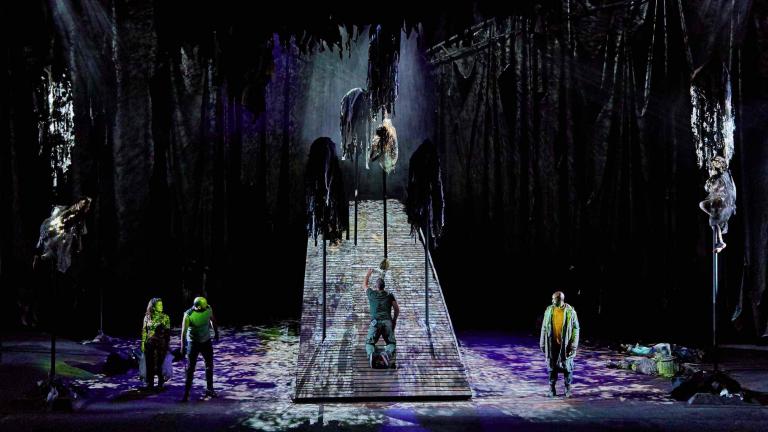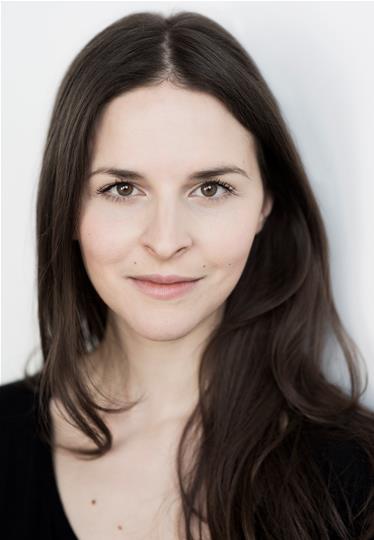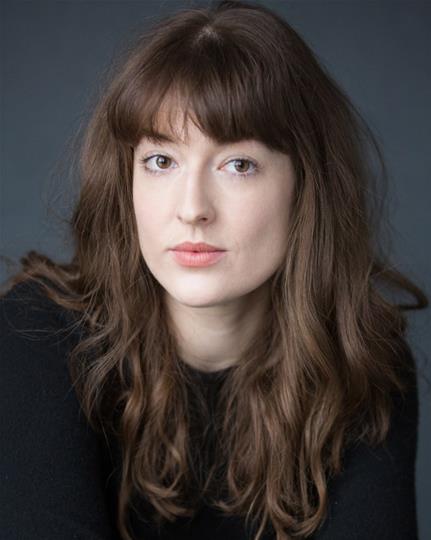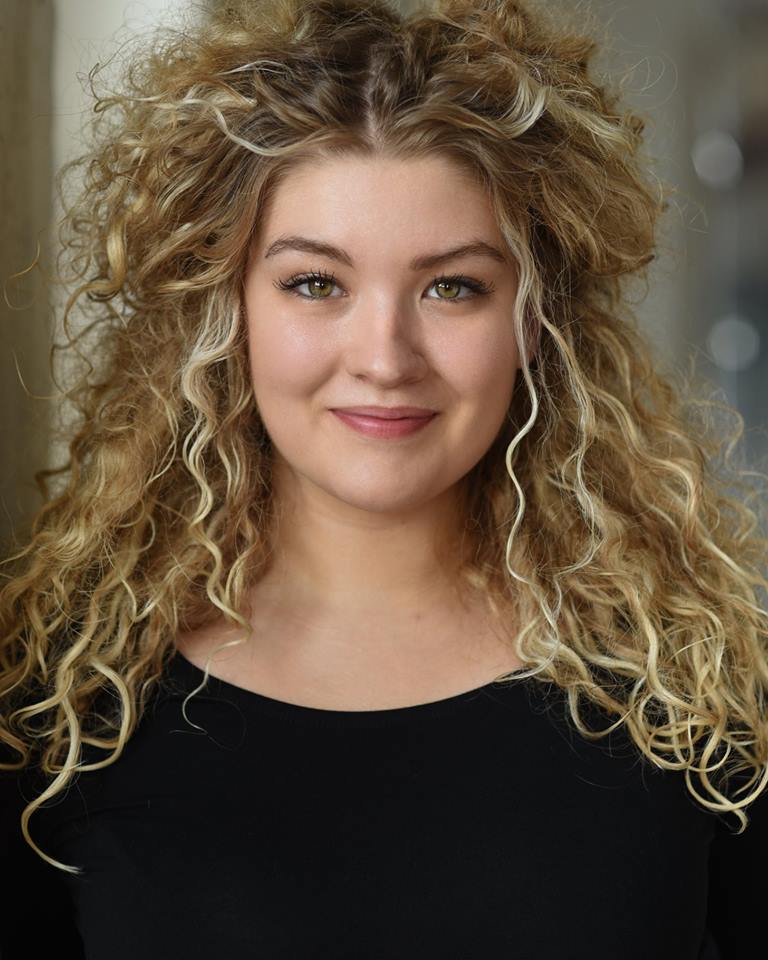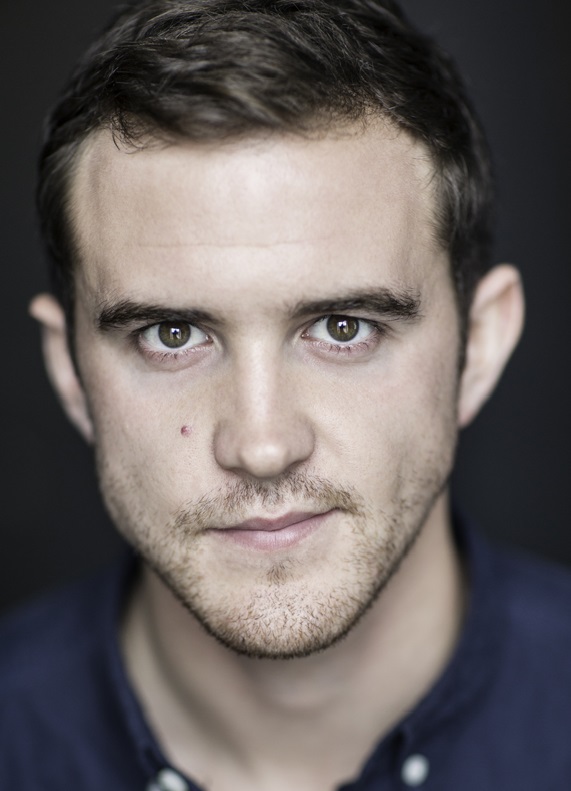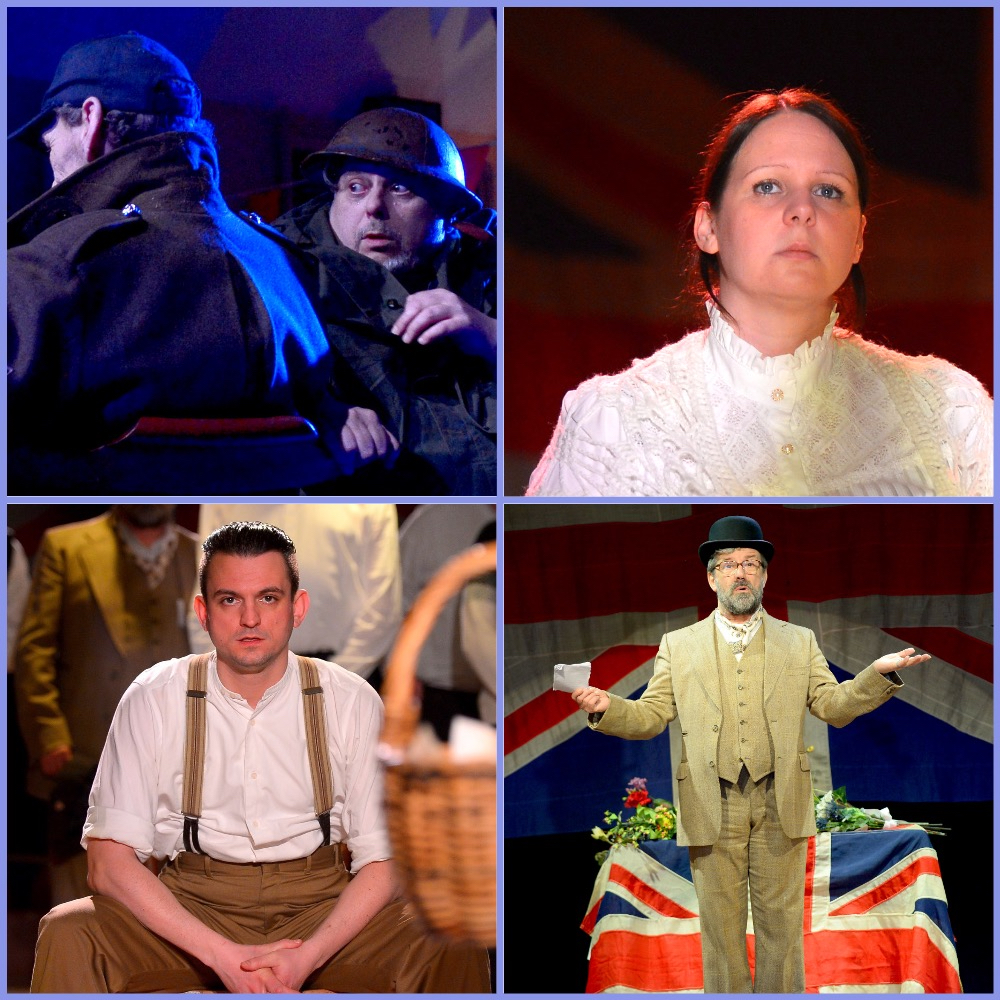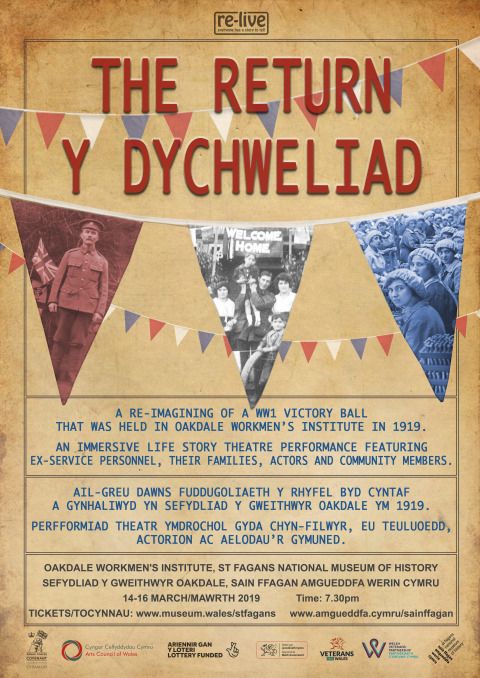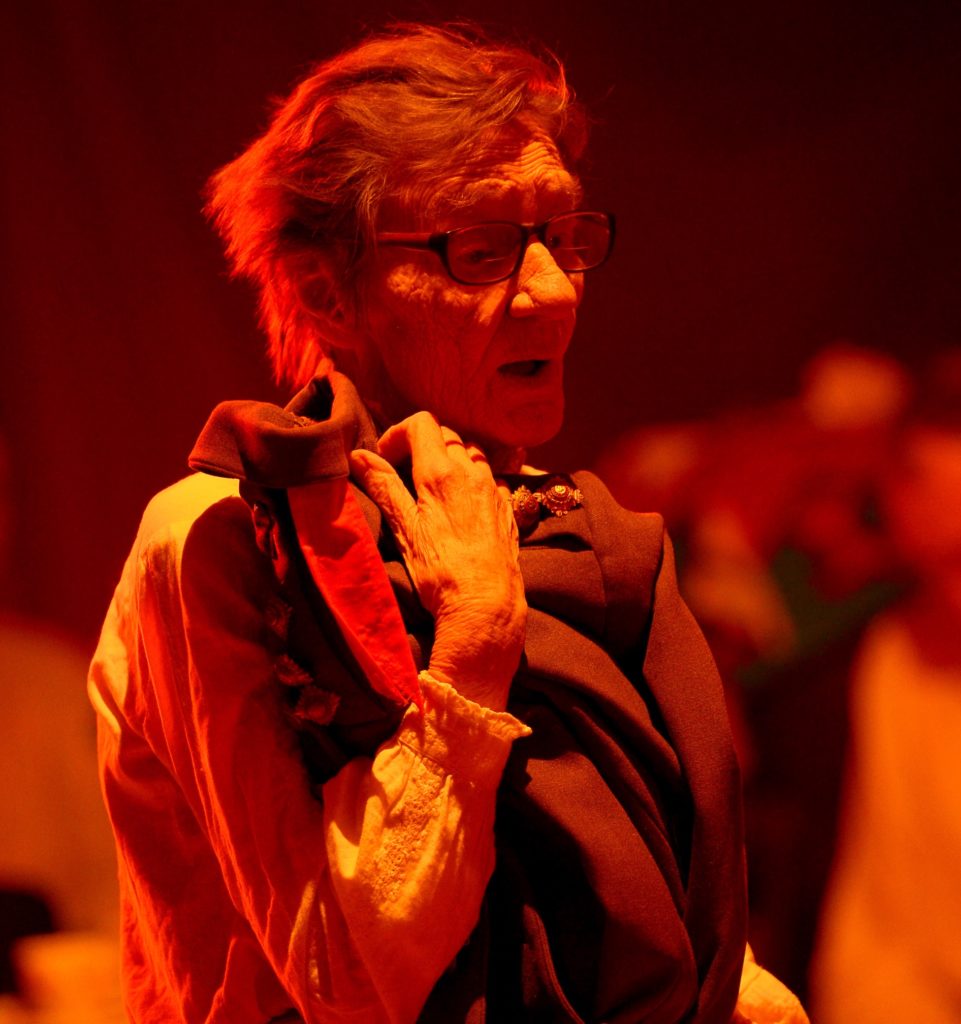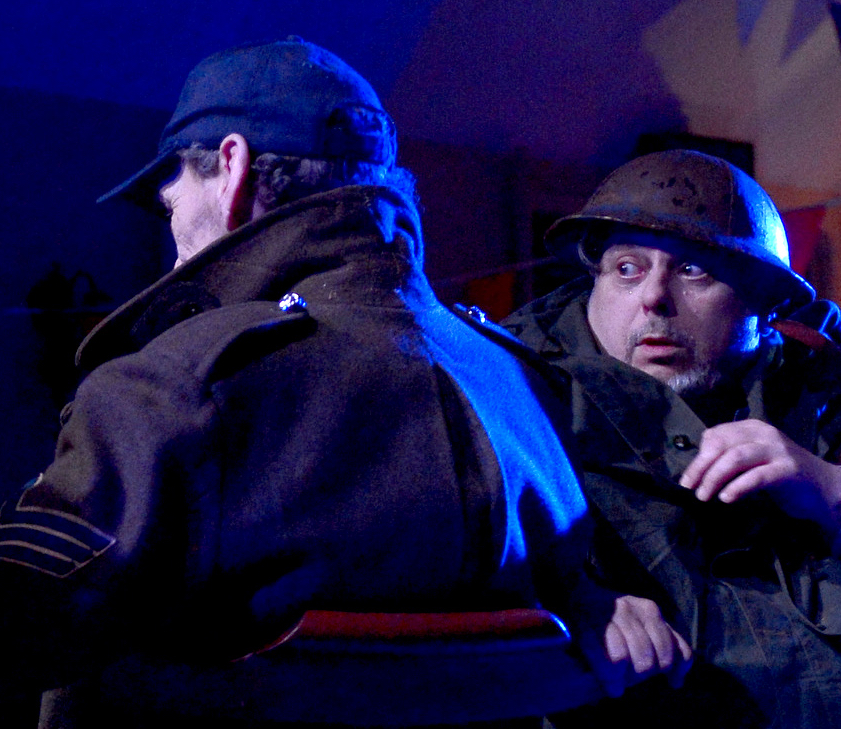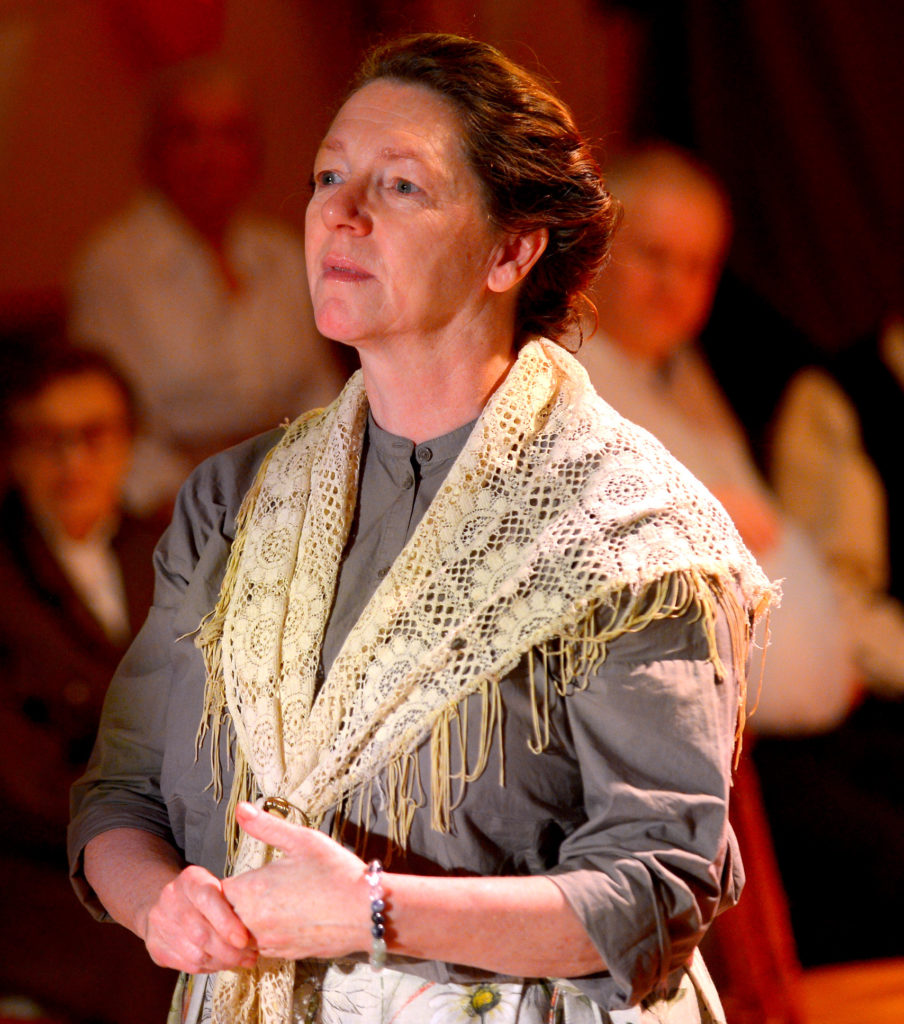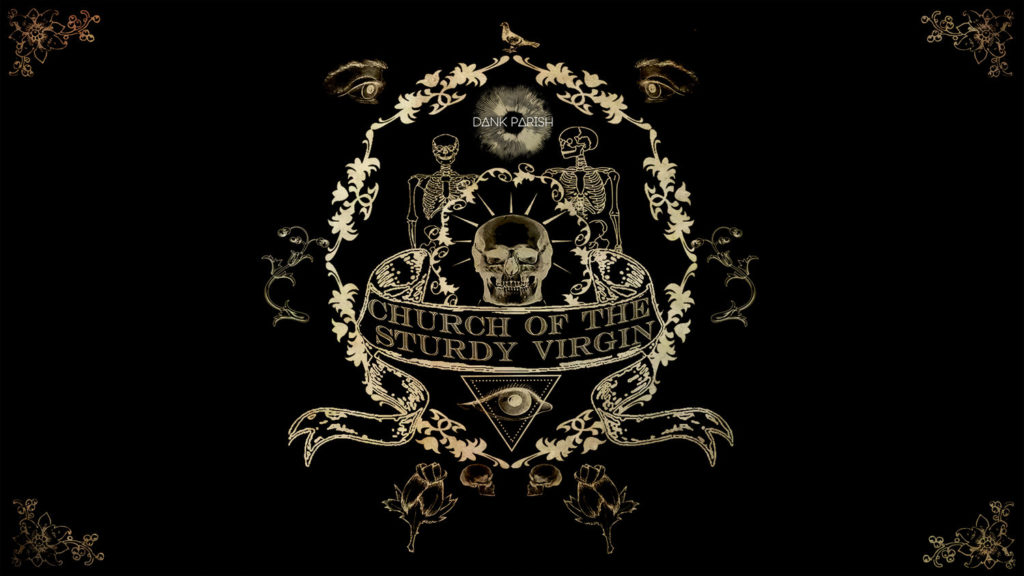 (3 / 5)
(3 / 5)
Please note this review contains references to sexual violence and discusses the production’s plot in detail.
Between Eternity and Time by Jacob Hodgkinson follows a 14-year-old girl, Maya, who is sent as a drug-runner from Liverpool to Bangor by Dabs. As the play develops, it becomes increasingly evident that she wasn’t meant for a life in the city, but instead something freer. Between Eternity and Time is about environment, coming of age and finding your place in the world.
The writing by Jacob Hodgkinson is generally OK. The plot is straight-forward and the dialogue is realistic. There’s rarely a boring moment as the play moves at a good pace, mostly with purpose and with a good amount of humour.
However, characters are very stereotypical, underdeveloped and in one case, Kitty, completely unnecessary. Other characters have no redeeming qualities, especially Dabs, the main drug-dealer, who just seems to be bad with no justification, even to himself. Maya similarly, has no negative quality. She doesn’t seem vulnerable, as a fourteen-year-old in the drug-scene would be, despite being taken advantage of, and never does anything wrong. This makes her feel passive and hard to connect to through no-fault of Kate Jones who performs well.
There are also a few moments of expositional speech that really drag, ruining the rhythm of the piece. In particular when Maya explains her half-brother, Tom’s, personal history and interest in Warhammer to Mush. This goes on far too long and is too expositional to be interesting. It’s also irrelevant to the rest of the play. It could be cut and we wouldn’t miss a thing. We understand exactly who Tom was through William Kirk’s great performance.
A minor issue is that it’s not realistic for a drug-runner to be forced to put drugs up their bottom to transport on a train from Liverpool to Bangor. That’s something only really used to smuggle across international borders through airports. Not really from Liverpool to Bangor. Not impossible that it’d happen, but it doesn’t help with the suspension of disbelief and seems to exist solely to make Dabs look evil when he forces Maya to do this.
The play is gritty realism that leans into surrealism at times as actors don stag masks and speak about Maya’s backstory through metaphor that compares Maya’s animalistic nature to that of a young fawn. For most of the play this feels odd, until the end where it finally pays off. The juxtaposition of the surreal, animalistic and rural nature to the societal, urban, reality fits what the play attempts to talk about. But perhaps would be stronger were it explored more in the direction before the end of the play.
Otherwise, the direction from Hannah Noone is strong. From script to stage, the play improves and Noone certainly contributes to the play’s strengths whilst balancing out its weaknesses. The scenes are short-and-snappy for the most part, but are directed well, with close attention paid to pace and tone, so this isn’t an issue.
Some of the music choices are bordering on offensive. It’s clear that some working-class, Liverpudlian, drug-dealers listen to rap music. But we don’t need that shoved in our faces, especially as it’s not personal to the characters. It feels a little like Noone and sound designer, Charlie Foran, have thought, “what music is ‘street’ and reflects drug-dealing?” And then instantly picked the most instantly recognisably ‘black’ music genre, hip-hop, which is bordering on racist stereotyping. It just doesn’t sit well. It also does nothing to increase that feeling of ‘Liverpool’, so some local music would be a better fit.
The music generally feels like a missed opportunity to draw a real distinction between Liverpool and Bangor and between the urban and the rural. This is explored at times, but really not enough, which is a shame given the overriding theme of the play.
The set from Harrison Lee is minimal which works well, allowing the writing and acting to be the main focus which is the point of RWCMD’s ‘NEW’ season. This, however, means that the lighting is very important. Luckily, Leonora Nicholson’s lighting design is exceptional and compliments the production well, enhancing almost every scene.
Despite the stereotypical and often weak characters, all performances are brilliant – for what they were given.
Ed Piercy makes Blowback feel like a victim of circumstance, which makes him feel like a young-man from Liverpool, caught up in the drug-scene with no way out. His performance is realistic and makes his character very relatable.
Grace Quigley gives a strong performance as Nicole, acting with conviction. Saran Morgan as Kitty was great, even if her character was basically unnecessary. I felt sorry for her, playing a character who doesn’t really have any substance or meaning – but she does a good job regardless. Alex Leak as Dabs is also strong, although his accent seemed to switch at times. William Kirk’s nervous demeaner is really powerful in a play full of confident individuals. Ruby Hartley as Crystal is also great, as is Kate Jones as Maya – both however felt incomplete as characters and that meant the performances are somewhat over-done.
Aron Cynan’s subtlety and creepy vibe as Mush is the standout. He’ll have your skin crawling even before he does anything wrong. Something is just ‘off’ with him from the start and it’s really powerful when he eventually turns.
Unrelated to the quality of the production, but no less important, is the lack of trigger warnings provided by the Royal Welsh College of Music and Drama. In the programme and website there are no trigger warnings for sexual violence or flashing lights in this production. So, you can imagine my shock when Mush and Maya are involved in a scene of strong sexual content, this urgently needs addressing. The theatre has a responsibility to challenge its audience’s minds, but care for their bodies. This production succeeds at challenging its audience, but due to the lack of trigger warnings, puts its audience at risk.
Between Eternity and Time is an intriguing exploration of environment and finding one’s place in the world that achieves its aims, but not without its issues.
Between Eternity and Time performed at The Richard Burton Theatre, Royal Welsh College of Music and Drama
19 – 21 March 2019 in Cardiff
Transferring to The Gate Theatre, London, 2 – 5 April
Written by Jacob Hodgkinson
Directed by Hannah Noone
In Collaboration with Sherman Theatre
As part of RWCMD’s ‘NEW’ Season
Starring:
Kate Jones as Maya
William Kirk as Tom
Aron Cynan as Mush
Alex Leak as Dabs
Grace Quigley as Nicole
Ruby Hartley as Crystal
Ed Piercy as Blowback
Saran Morgan as Kitty
Production Team:
Set & Costume Design: Harrison Lee
Lighting Designer: Leonora Nicholson
Sound Designer: Charlie Foran
Assistant Production Manager: Alexandra Drescher-Elphick
Stage Manager: Gemma Smith
Deputy Stage Manager: Melanie Allen
Assistant Stage Manager: Grace Bilsborough
Design Assistants: Cleo Andriola and Bence Baksa
Technicians: Ella Cunnison, Kitty Dunning, Jamie Holden and Paul Kaiba
Venue Technician: Kieran Gough
Supervisors: Kristy Bowers, Rob Clarke and Laura Martin

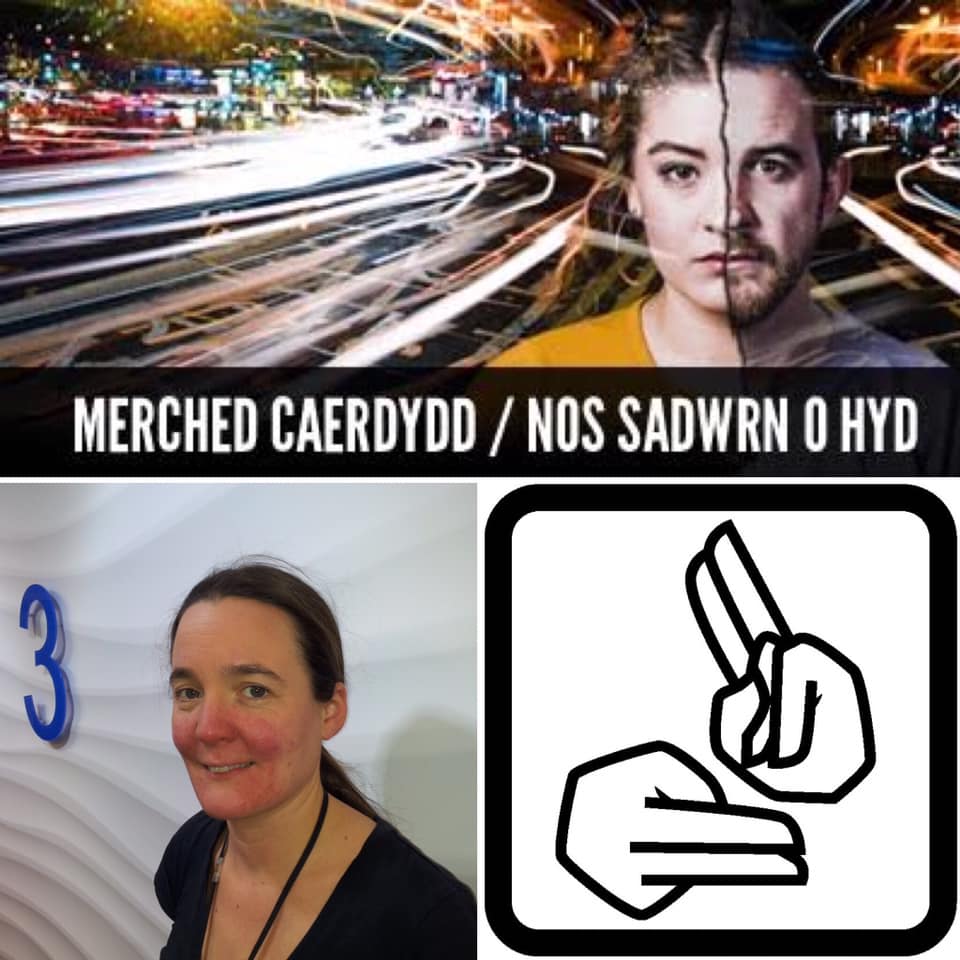

 (4 / 5)
(4 / 5)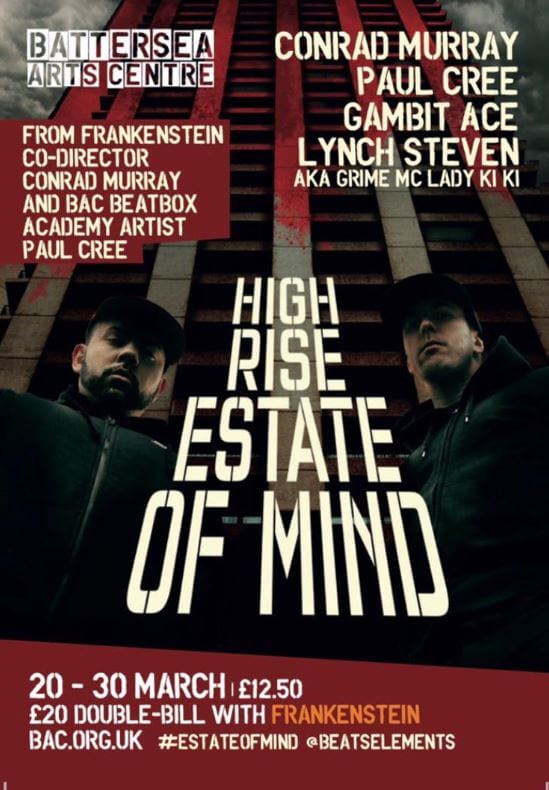
 (5 / 5)
(5 / 5)

